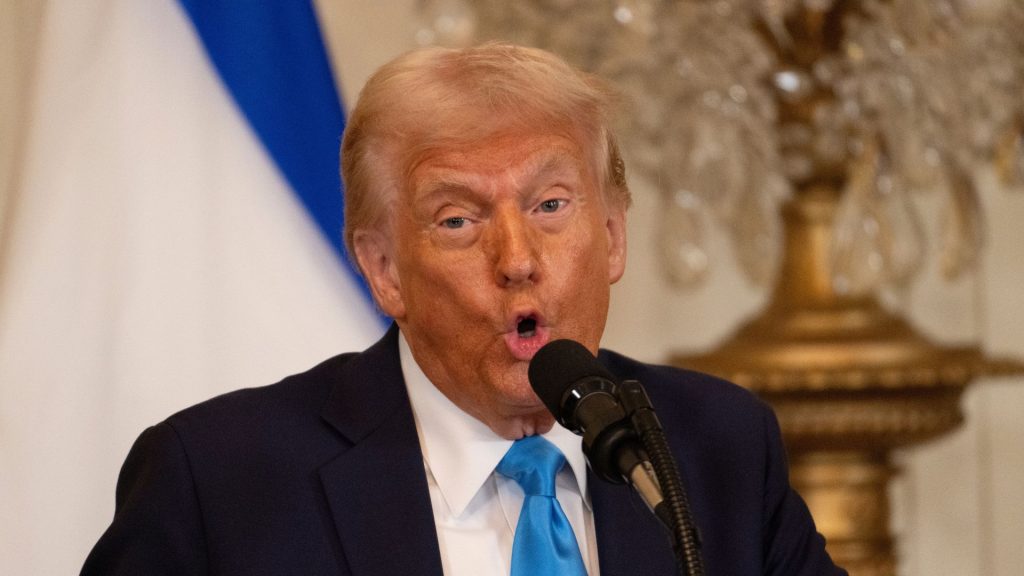President Donald Trump recently unveiled a major trade agreement with the European Union, marking another stride in his administration’s quest to reshape global trade to favor American interests. The deal, which includes over $1.3 trillion in U.S. energy purchases and investments, underscores Trump’s commitment to boosting the U.S. economy. As part of the agreement, the EU will buy an additional $750 billion in American energy exports by 2028.
Furthermore, the European Union is set to invest $600 billion in the United States within the next three years, promoting growth and job creation. A significant aspect of the deal is the 15 percent tariff on most European goods entering the U.S., a compromise from the previously suggested 30 percent. President Trump hailed the agreement as a triumph for American workers and industries, emphasizing its role in bringing balance to international trade.
“This is a great day for U.S. energy, manufacturing, and investment,” Trump declared, highlighting the deal’s potential to reduce trade deficits and expand market access for American goods. Not only does this agreement bolster the energy sector, but it also benefits automotive manufacturing, steel, and technology. Although there are some skeptics, the overall response from business leaders and industry groups has been positive.
Axios, a media outlet, acknowledged the economic advantages for the U.S. but critiqued the deal as favoring American interests too heavily. Their coverage suggested that the U.S. gains were not matched by equivalent concessions. This perspective stirred debate on social media, with users accusing Axios of bias against the Trump administration’s trade policies.
Critics online argued that Axios’s portrayal of the deal as a liability was politically driven rather than based on the deal’s substance. Many saw the agreement as a strategic move that benefits the U.S., providing a much-needed correction to existing trade imbalances. Amidst the criticism, administration officials stood firm, defending the deal’s structure as a necessary recalibration.
Commerce Secretary Howard Lutnick pointed out that previous trade arrangements gave the EU extensive access to U.S. markets with little in return. “President Trump has made it clear from day one that we will no longer tolerate trade deals that undermine American workers or disadvantage U.S. industries,” Lutnick stated. He emphasized that this agreement ensures fairness and real investment in the American economy.
The trade deal with the EU is part of a larger strategy by the Trump administration to renegotiate global trade relationships. Just last week, a $550 billion investment agreement was announced with Japan, adding to a total of over $1.8 trillion in foreign investment secured this month alone. European officials confirmed the agreement and acknowledged the strategic necessity of maintaining access to U.S. markets.
EU Trade Commissioner Maros Sefcovic remarked that the deal represents a critical adjustment to new global economic dynamics. “This agreement protects jobs, maintains trade flows, and secures stability for both parties,” Sefcovic stated at a press briefing in Brussels. The alignment between the U.S. and EU highlights the ongoing importance of transatlantic trade relations.
The opinions expressed by contributors and content partners are their own and do not necessarily reflect the views of RVM News. Contact us for guidelines on submitting your own commentary.



